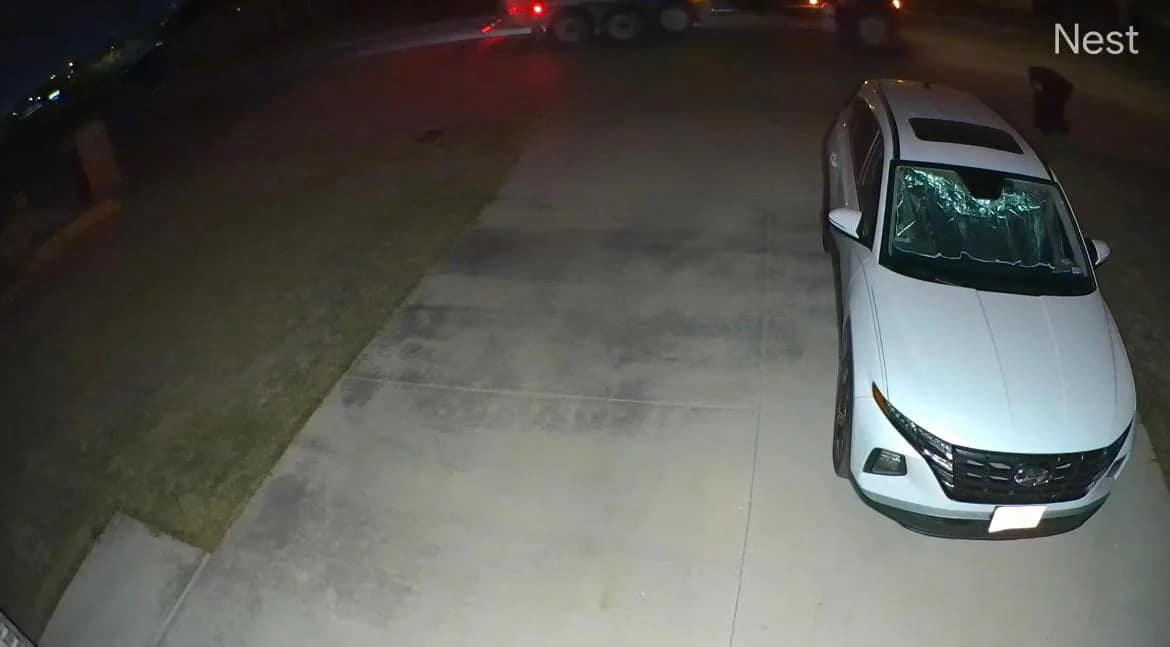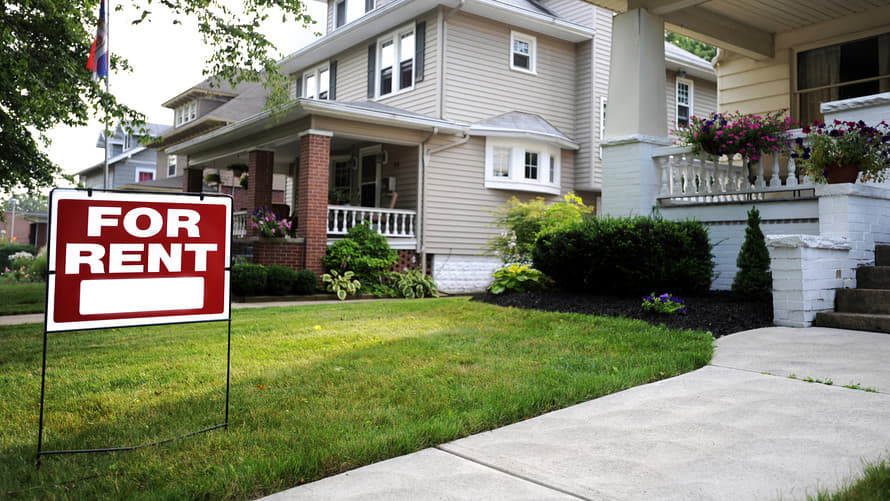Being disturbed by loud noises from neighbors is frustrating for any tenant or landlord. However, the eviction process for noise complaints is complex and protects the rights of all parties involved. In this article, we will explore how many noise complaints a tenant can receive before facing eviction and the steps landlords must follow to remove a tenant on these grounds.
How Many Noise Complaints Until Eviction?
There is no set number of noise complaints that automatically results in eviction. Landlords are required to follow a process to establish that a tenant's noises exceed reasonable limits and are violating the terms of their lease or rental agreement.
This usually involves issuing warnings to the tenant in question and giving them a chance to resolve the problem before more serious consequences can be pursued. The exact process depends on factors like the ordinances and laws in their state or locality.
What Constitutes an Actionable Noise Complaint?

Related: How To File A Noise Complaint In An Apartment?
Tenants are entitled to "quiet enjoyment" of their home, but complete silence is unreasonable to expect. Noise complaints alone do not warrant action - they must show the tenant is generating noise beyond typical residential levels.
For a complaint to be valid, the noise often must be occurring during designated quiet hours, be excessively loud like parties or loud music/tv, or continuing to disturb neighbors despite requests to stop. Infrequent noisy events may not meet the threshold while regular disruptions likely would.
What Do Lease Agreements Allow?
Lease agreements are important documents that can give landlords more options for addressing noise complaints. Many leases specify approved quiet hours and place limits on loud activities or number of guests. They may also allow warnings or fines for initial violations with eviction as a potential consequence for repeat offenders.
Having noise policies outlined in the lease establishes from the start what tenants are agreeing not to do regarding disturbances.
When Can Police Involvement Lead to Eviction?
While a single complaint would not result in eviction, involvement from law enforcement such as noise disturbance calls they respond to can allow landlords to begin the eviction process sooner. This is because it shows the problem has escalated beyond the landlord-tenant level.
Leases commonly reserve the right for landlords to serve tenants with warnings or eviction notices if their actions cause the police to visit the property multiple times.
Does the Sublease Change Responsibilities?
If a tenant sublets their unit to another person, the original tenant generally remains responsible for adhering to the lease terms and ensuring the subletter does not cause problems. However, landlords have the option to treat complaints about a subtenant as if they are about the main tenant since that person selected the subletter and still maintains control of the unit even if they do not live there.
Evicting a disruptive subletter can still affect the main tenant's own lease status.
How Does the Warning Process Work?
As mentioned, landlords are required by law to follow certain steps before pursuing an eviction related to noise complaints. This usually starts with issuing one or more written warnings informing the tenant of the disruptive behaviors and notifying them that repeated issues could lead to eviction proceedings.
Warnings give tenants a chance to correct the problem without severe penalties yet. Landlords may also try negotiating directly with complaining and disruptive tenants.
When Can an Eviction Actually Proceed?
In most jurisdictions, eviction filings are allowed if noise problems continue after multiple warnings have been ignored by the tenant. The exact number may vary, but two or three warnings over documented complaints are typically the minimum before a non-paying tenant can be legally evicted for disturbances.
Even then, tenants have rights to defend themselves in housing court against an eviction attempt if they feel it is undeserved or disproportionate.
Conclusion
Dealing with disruptive noises is challenging for all parties involved in rental housing. While eviction should always be a last resort, tenants are also responsible for not infringing on their neighbors' right to enjoy where they live.





